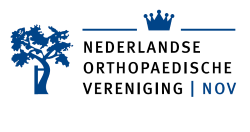LEAK (English)
The LEAKage after primary knee and hip arthroplasty (LEAK) study is a multicenter randomized controlled trial which compares the clinical effectiveness, cost effectiveness and impact on quality of life of early surgical treatment (debridement, antibiotics and implant retention (DAIR) at day 9 to 10 after index surgery) with non-surgical treatment in patients with prolonged wound leakage after primary total knee and hip arthroplasty (TKA/THA).
| Background |
|
Prolonged wound leakage after primary TKA/THA is associated with prosthetic joint infection (PJI), which is a serious complication after TKA/THA with major impact on a patient’s quality of life. PJI can lead to revision surgery, which is necessary in at least 0.4% of all patients within one year after TKA/THA. These revision surgeries are accompanied by increased morbidity and mortality and high healthcare costs. |
| Aim |
|
Aim of this study is to compare the clinical effectiveness, cost effectiveness and impact on quality of life of early surgical treatment (DAIR at day 9 to 10 after index surgery) with non-surgical treatment in patients with prolonged wound leakage after primary total knee and hip arthroplasty (TKA/THA). |
| Hypothesis |
|
We hypothesize that early surgical treatment (DAIR at day 9-10) will result in a 50% reduction in revision rate for PJI up to one year after primary TKA/THA compared to non-surgical treatment. |
| Study design |
|
The LEAK study is an international multicenter randomized controlled trial which compares surgical treatment (DAIR at day 9-10) with non-surgical treatment in patients with prolonged wound leakage after primary TKA/THA. |
| Study population |
|
All patients aged 18 years and older with prolonged wound leakage at day 9-10 after primary TKA/THA will be asked for their consent to participate in this study. Patients with a mental or physical disability which interferes with the fulfilment of study requirements cannot participate in this study. In total 388 patients will be included. |
| Surgical treatment |
|
Surgical treatment consists of a DAIR procedure at day 9 to 10 after index surgery. DAIR consists of opening the wound and obtaining one culture from the intra-articular synovial fluid deep to the fascia and at least four deep-tissue cultures. Empirical antimicrobial treatment in accordance with the local protocol is started after obtaining cultures and excising haematoma and necrosis. Modular components (e.g. tibial insert or femoral head) are exchanged to make room for optimal debridement. The wound is extensively debrided and lavaged with 3-6 liter of saline. Mechanical scrubbing of the visible prosthetic parts is advised. |
| Non-surgical treatment |
|
Non-surgical treatment consists of relative rest (stop exercise and start bed rest), pressure bandages and wound care with sterile bandages. Patients do not receive antimicrobial treatment. Non-surgical treatment is optionally carried out in a hospital admission setting. In non-surgically treated patients, clinical examination, wound classification and CRP are performed at day 16-17 after index surgery. A DAIR will also be performed on all patients with prolonged wound leakage at day 16-17 after index surgery, regardless of amount of wound leakage, other clinical parameters or CRP. |
| Outcome |
|
Primary outcome is the percentage of revision surgeries for PJI within one year after index surgery. Secondary outcomes are the number of DAIRs, cost effectivity and disease-specific and general health-related quality of life. |
| Measurements |
|
Clinical data are recorded in an online database: age, gender, BMI, ASA classification, risk factors for PJI, clinical signs of infections, CRP values, use of antibiotics, details on the index surgery and DAIR and postoperative complications. |
Please contact Claudia Löwik for additional information, via leak@orthopeden.org or +0031 (0)649979489.
Dr. Paul Jutte, principal investigator, orthopaedic surgeon UMCG, the Netherlands
Drs. Claudia Löwik, coordinating researcher, UMCG, the Netherlands

